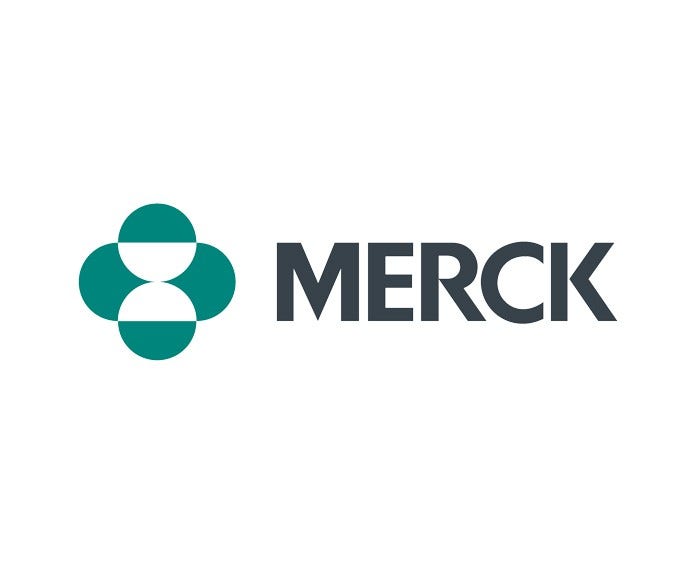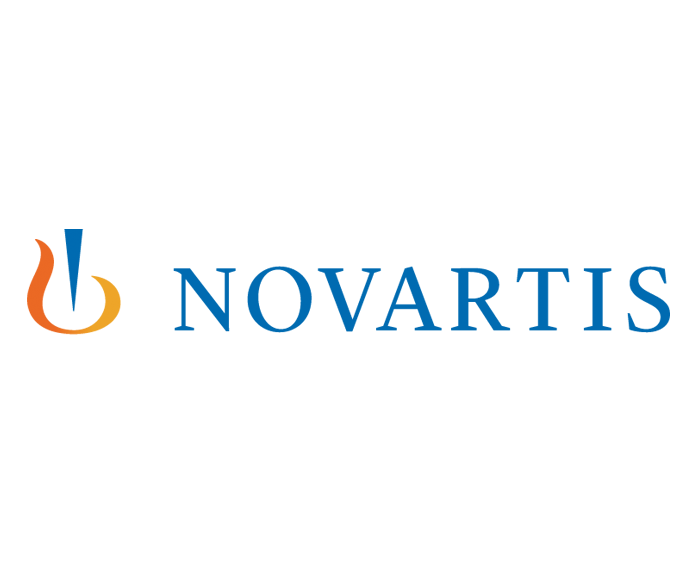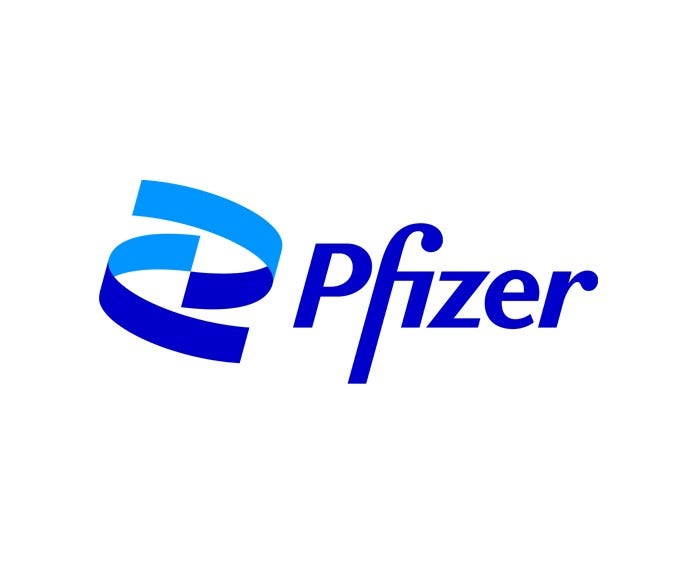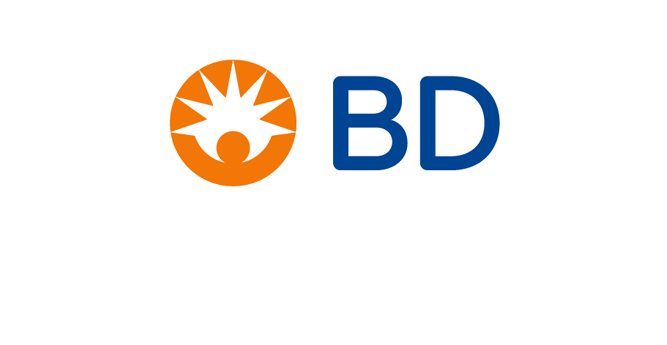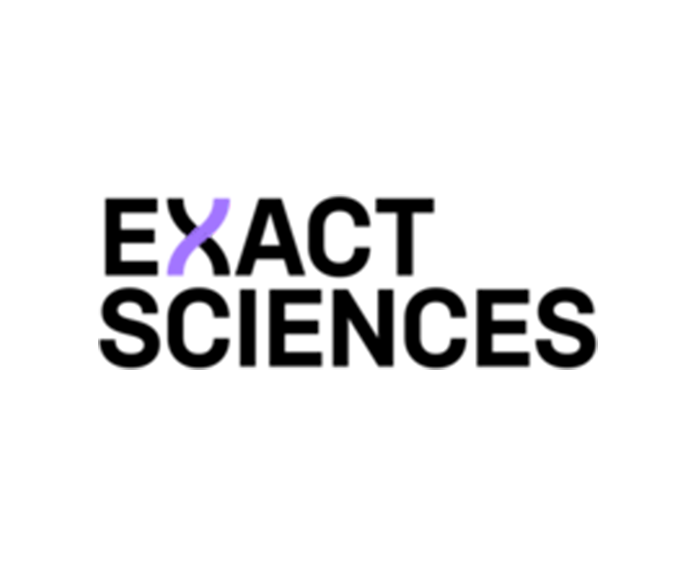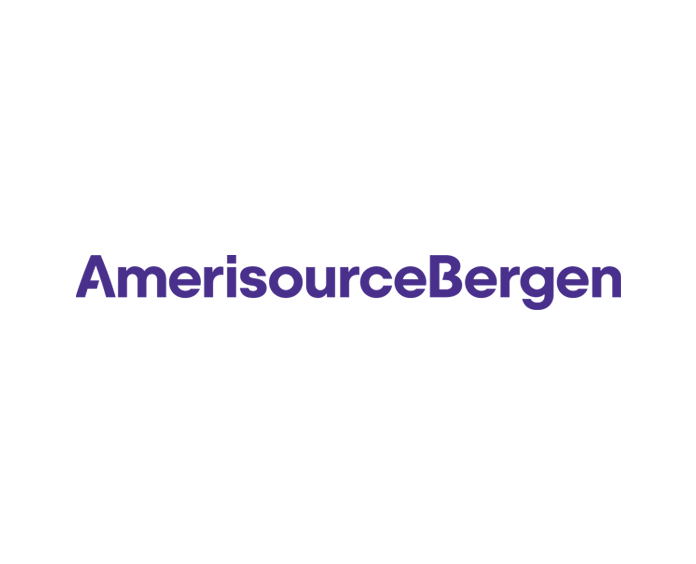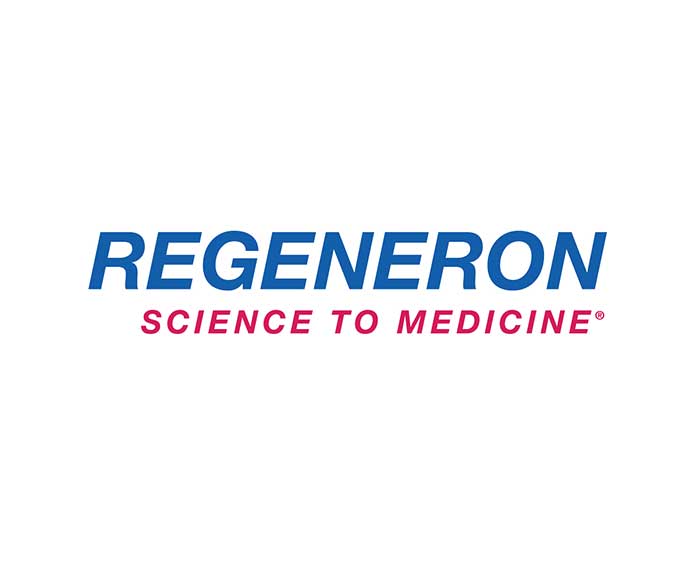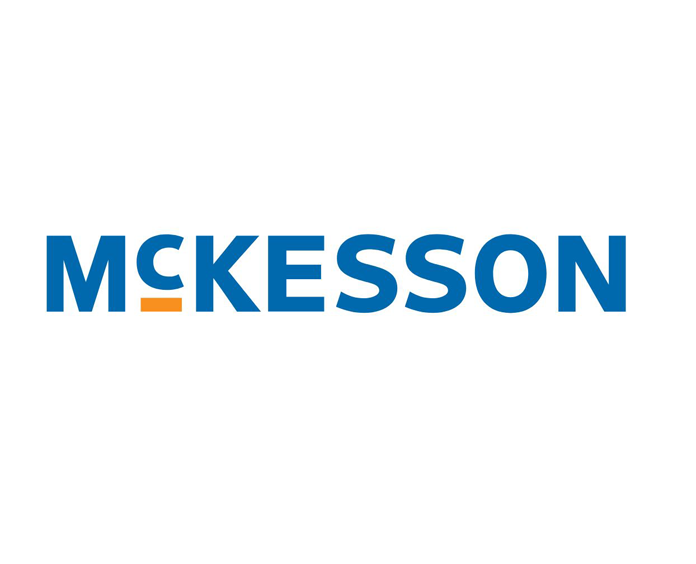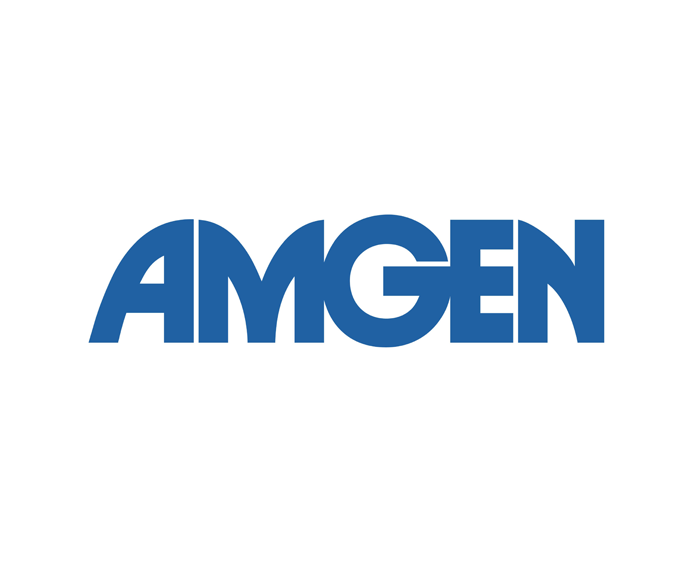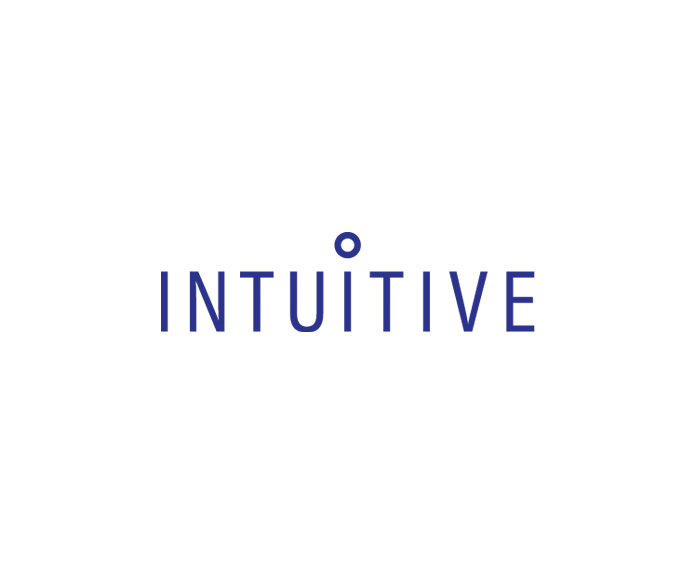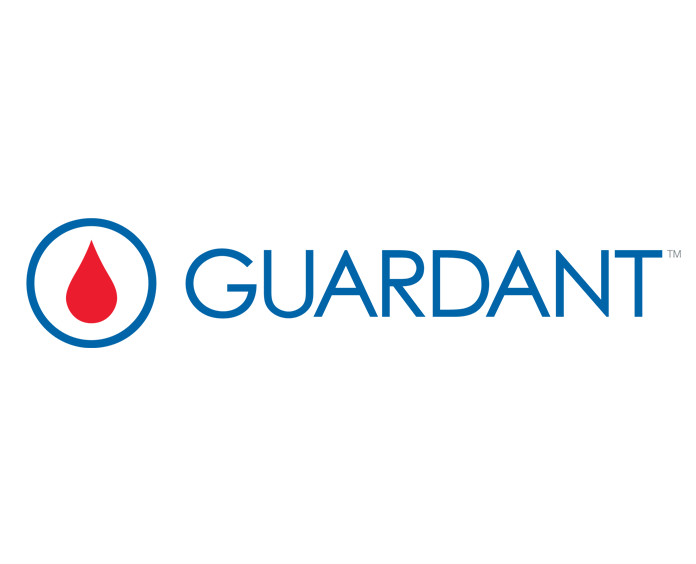Cancer screening is a form of self-love.
I Love You, Get Screened
- Cancer Screening Recommendations
- Cancer Screening Q&A
- Free Screening & Resources
Cancer Screening Recommendations
These recommendations are for people at average risk for certain cancers. Talk to a doctor about which tests you might need and the screening schedule that’s right for you. It’s a good idea to also talk about risk factors, such as lifestyle behaviors and family history that may put you or your loved one at higher risk. See more in-depth recommendations in Cancer Screening Guidelines by Age.
Cancer Screening Q&A
I don’t have any symptoms. Do I still need to get screened?
Yes! Screening tests are used to find cancer before a person has any symptoms. So, it’s important to get regular screenings even if you are feeling fine. Cancer screening tests can catch some changes that may or may not be cancer.
I don’t have a primary care doctor. Who should I talk to about screening?
The first step is to contact your insurance company to see which doctors or providers are covered in your plan. If you don’t have health insurance, you can check with your local hospital or health department for help. Learn more in How to Get Screened if You Don’t Have a Doctor.
I don’t know if I can pay for the tests I need. How much does a cancer screening cost?
If you have health insurance, ask about coverage for cancer screenings. Most screenings are covered by insurance or available at no cost. There might be costs for follow-up appointments and additional tests if they are needed, but most of the time test results are normal and no additional testing is needed. If you don’t have health insurance, you can call your local health department for information, or find resources in Screening For People Who Are Uninsured or Underinsured below. Read more in Costs and Insurance Coverage for Cancer Screening.
I am not sure where I can get a screening test. How do I find out where to go?
Your doctor can help you know which screenings are right for you, where you can get the tests, and how to schedule them. If you don’t have a doctor, you can call your local hospital or health department for help. Learn more in How to Get Screened if You Don’t Have a Doctor.
I’m overdue for screening because of the pandemic. Is it safe to get screened?
Yes! Facilities that offer screenings have safety precautions in place. It is safe to resume regular screening, and it’s best to schedule your tests as soon as you can. Don’t wait!
I’m worried or nervous about screening tests.
It’s okay to be concerned about medical procedures, possible findings, affording tests, or even seeing a doctor. But knowing the current state of your health can make it easier to take care of any issues and can potentially lengthen or save your life.
Where can I find LGBTQ+ friendly screening resources?
If you or someone you know are looking for LGBTQ+ welcoming doctors or screening locations, you can find more information from the National LGBT Cancer Network, including resources about LGBTQ+ welcoming cancer screening providers and LGBTQ+ welcoming treatment providers. You may also find a guide for LGBT-friendly healthcare facilities from the Human Rights Campaign helpful.
Free Screening & Resources

Screening for People Who Are Uninsured or Underinsured
Cost is a major barrier to regular cancer screening for people without insurance or who have limited insurance. The American Cancer Society Cancer Action Network (ACS CAN) is fighting for comprehensive health coverage for everyone. Until then, there are cancer screening resources available for people who are uninsured or underinsured.
- Find a Health Center: Use this tool to find a health center near you for low-cost or free cancer screenings with no insurance required.
- Find Breast and Cervical Screening Programs: People who are on a limited income, uninsured, and underinsured can access breast and cervical cancer screenings and diagnostic services.
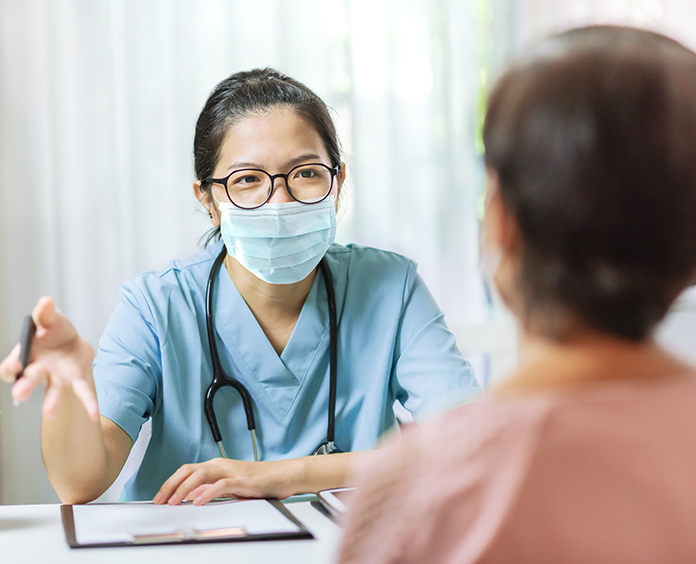
Questions to Ask a Doctor
We know that you may still have questions about starting or restarting regular cancer screening. So, we’ve put together some helpful questions to make it easier. Here are just a few, and you can find more by reading Questions to Ask Your Doctor About Cancer Screening.
- What cancer screening tests are recommended for someone my age?
- How often should I get the screening tests?
- Where can I go to get screened?
- How do I schedule my screening tests?
- Will my screening tests (or other costs) be covered by my health insurance?
- What will the screening tests cost if they are not covered by insurance?

Cancer Screening Conversation Starters
Talking to loved ones about what they can do to stay healthy isn’t always easy. Here are a few prompts to start the important conversation about cancer screening.
- I care about you and your health. Are you getting regular cancer screening tests?
- Did you know there are tests that can catch changes in your body before they become cancer?
- My breast/colorectal/cervical cancer screening is coming up soon. Have you scheduled yours yet?
- Regular cancer screening is important. Is there anything I can do to help you get screened, like get information, schedule an appointment, or help with childcare or transportation?
Download the Interactive Cancer Screening Guide for the Black Community [PDF version, 12.5 MB]
LGBTQ+ Provider Directory
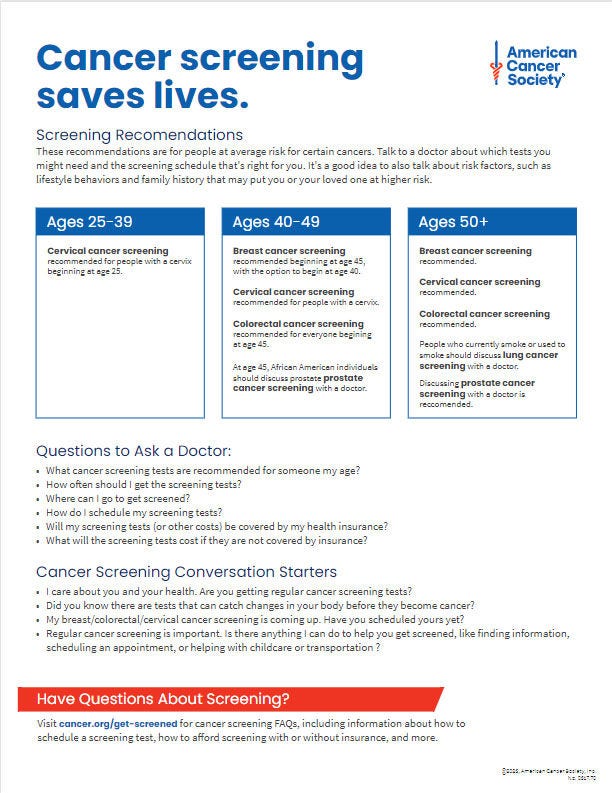
Cancer Screening 101
Print this quick reference guide to take with you to a doctor’s appointment or share with loved ones. The guide includes screening recommendations, questions to ask a doctor, and conversation starters.




